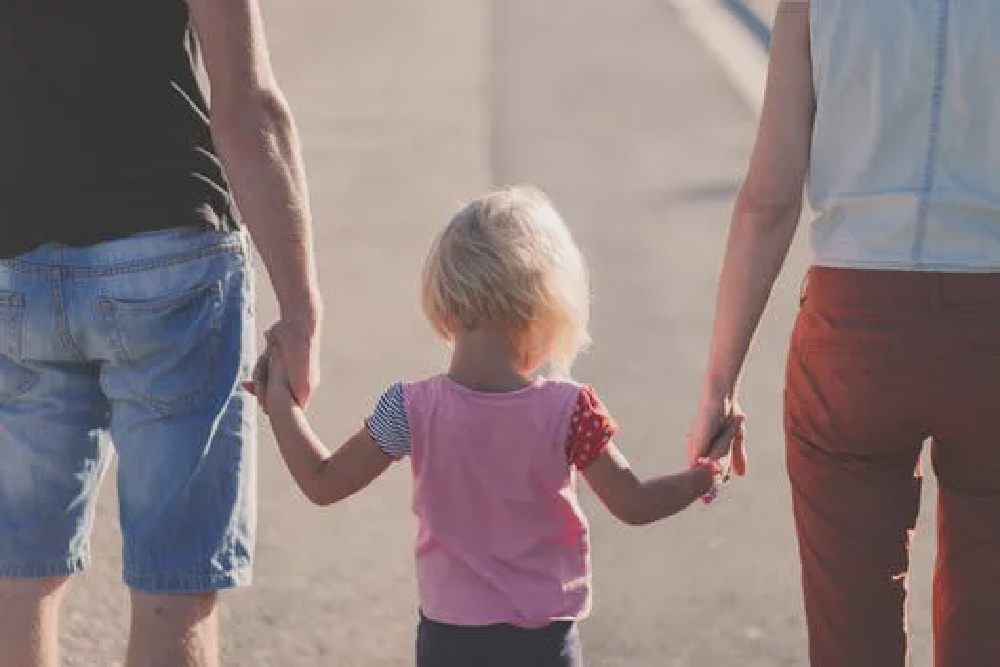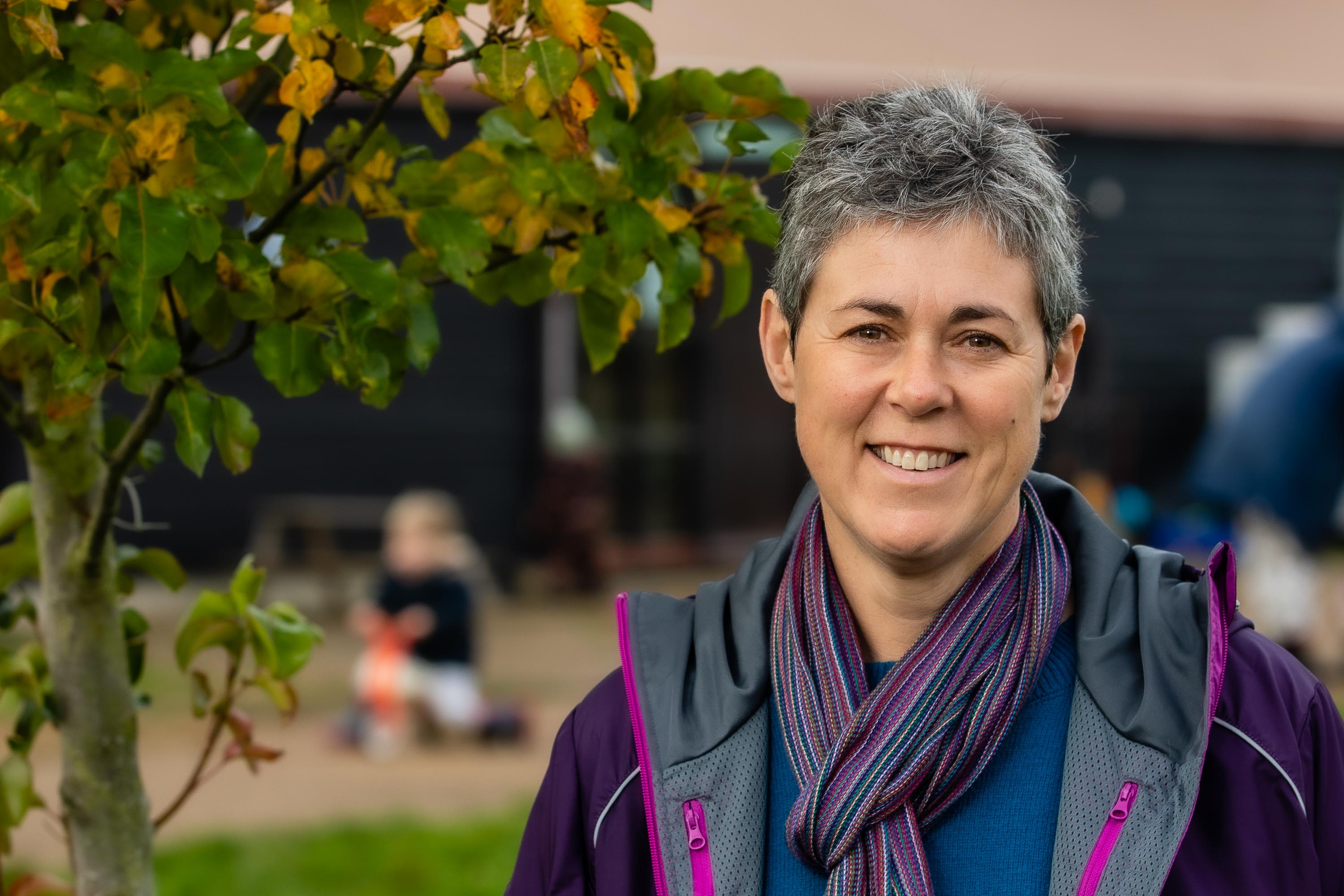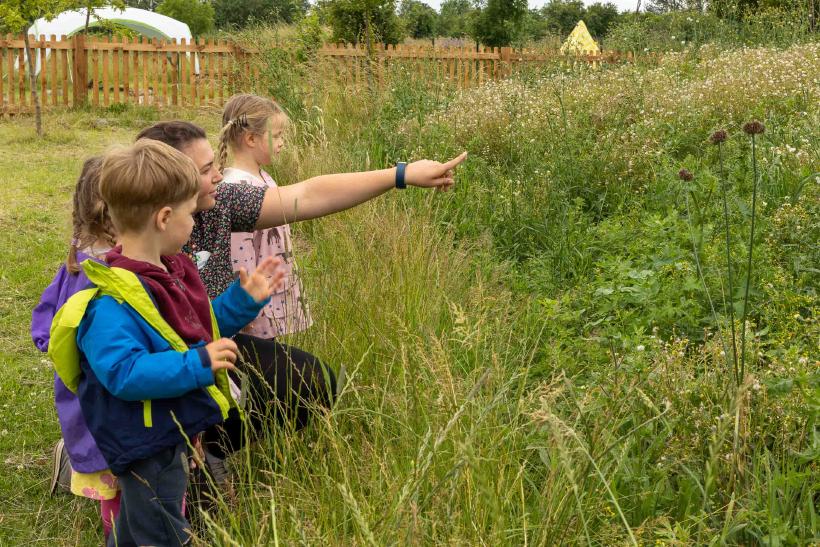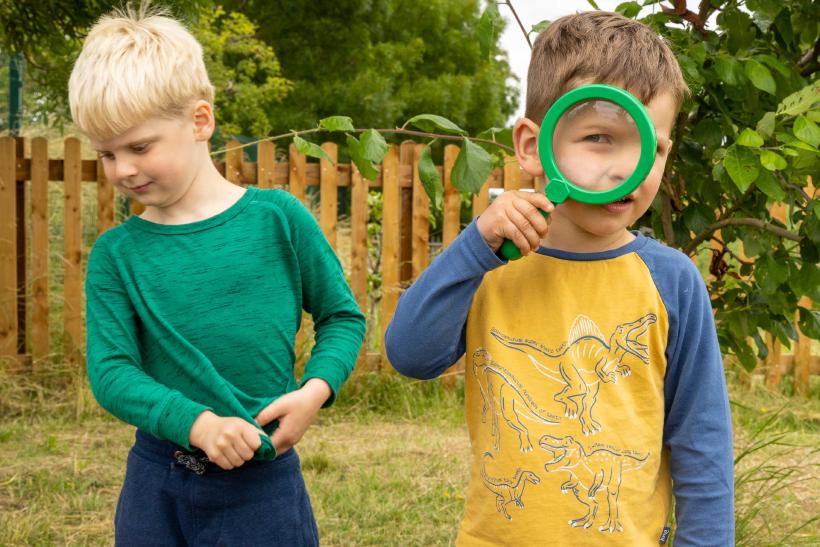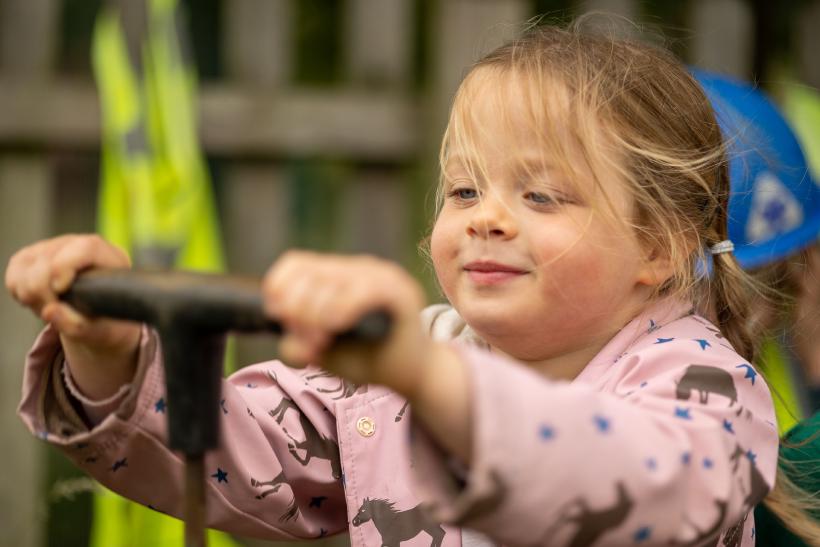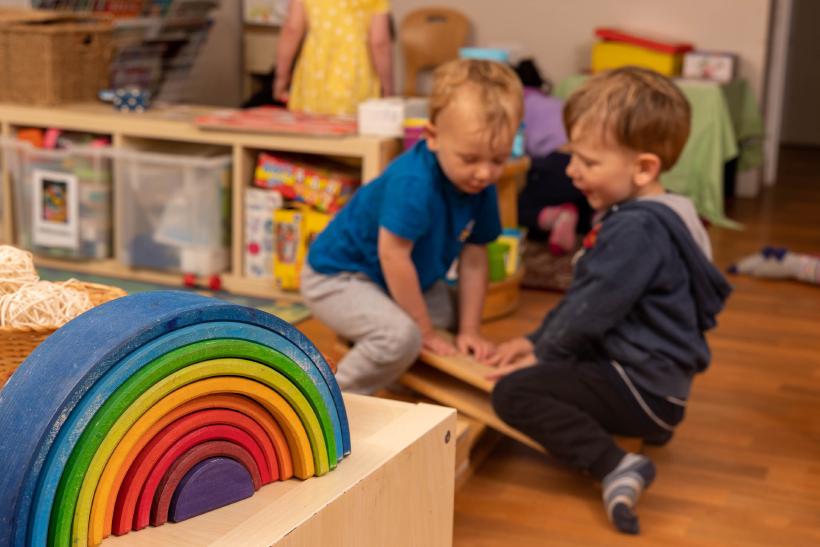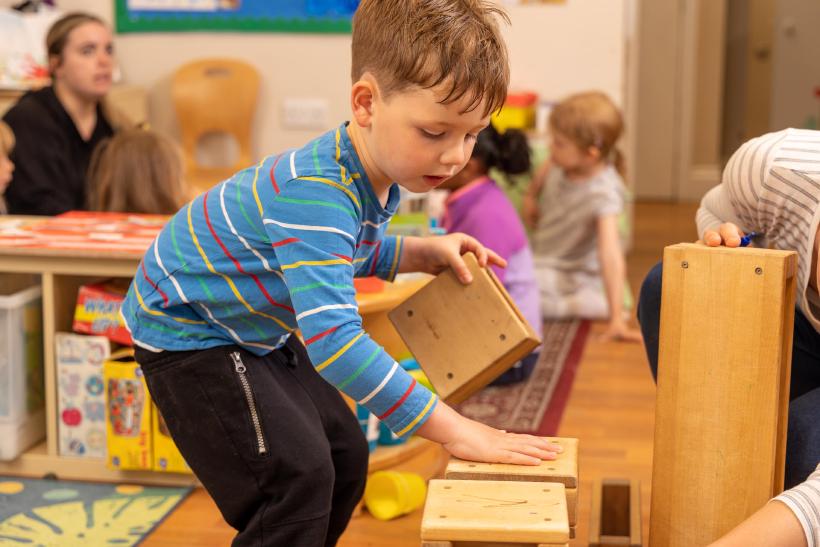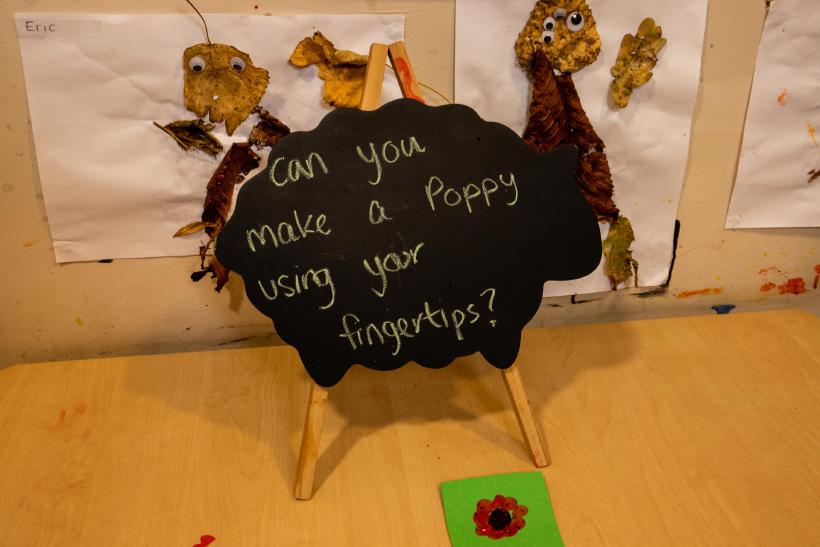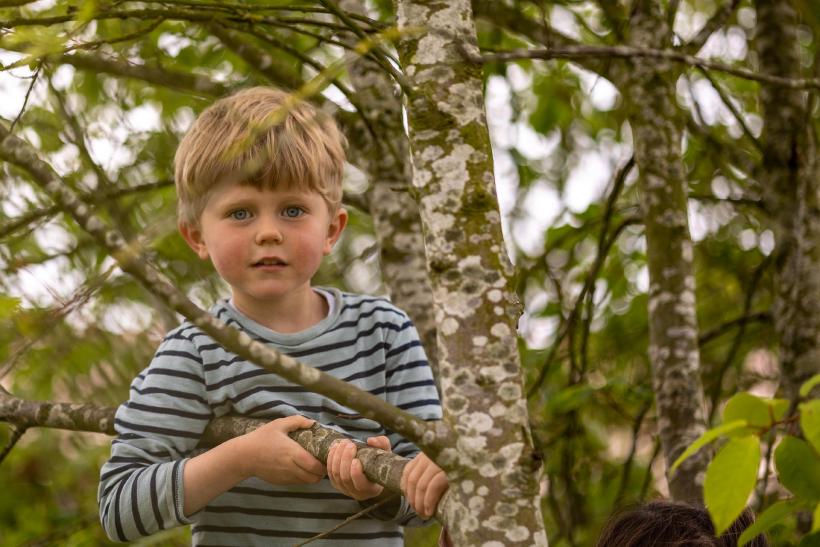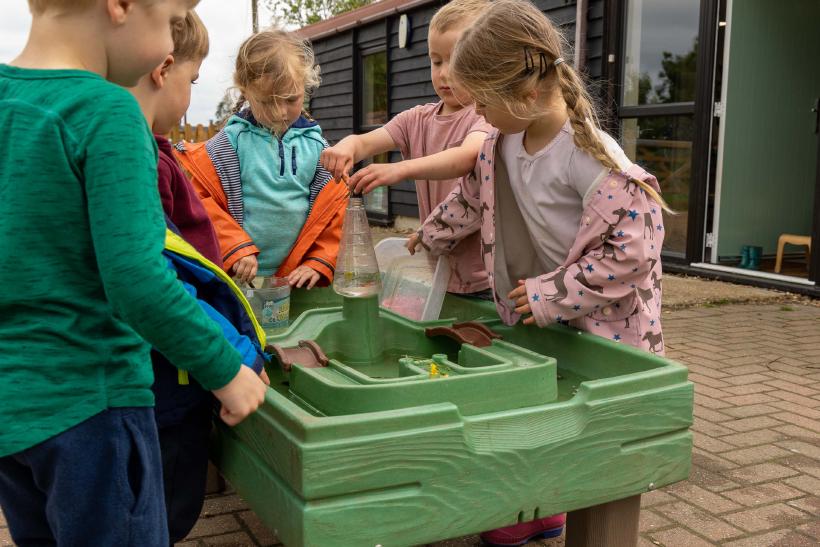Only two or three decades ago, death wasn’t hidden away like it is today. Conversations weren’t avoided and the subject wasn’t ignored like the elephant in the room. Relatives were likely to die at home, not in a hospital or hospice. They would often be laid out in the front room, sometimes in an open coffin, and visited by varied friends and family before the funeral.
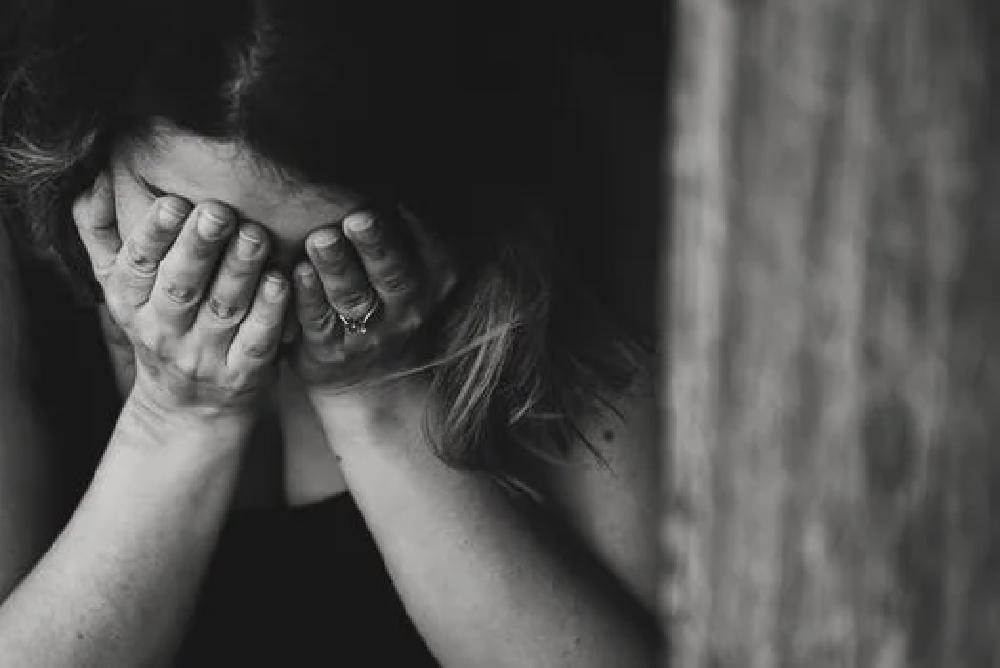
Nowadays less than a quarter of deaths happen at home and the process of dying is far more medicalised, which means that relatives are less involved. This has led to a distancing that means we are far less likely to talk about death and dying. This, coupled with a desire to shelter and shield our children from the nastier aspects of life, means that we avoid the topic.
When we are bereaved, we ourselves are often too upset to talk to our children in any depth.
This doesn’t really help them, they can’t escape death. Recent statistics suggest that over 90% of them will experience a significant bereavement before they are 16 and they cannot escape almost daily news coverage of murders and acts of violence.
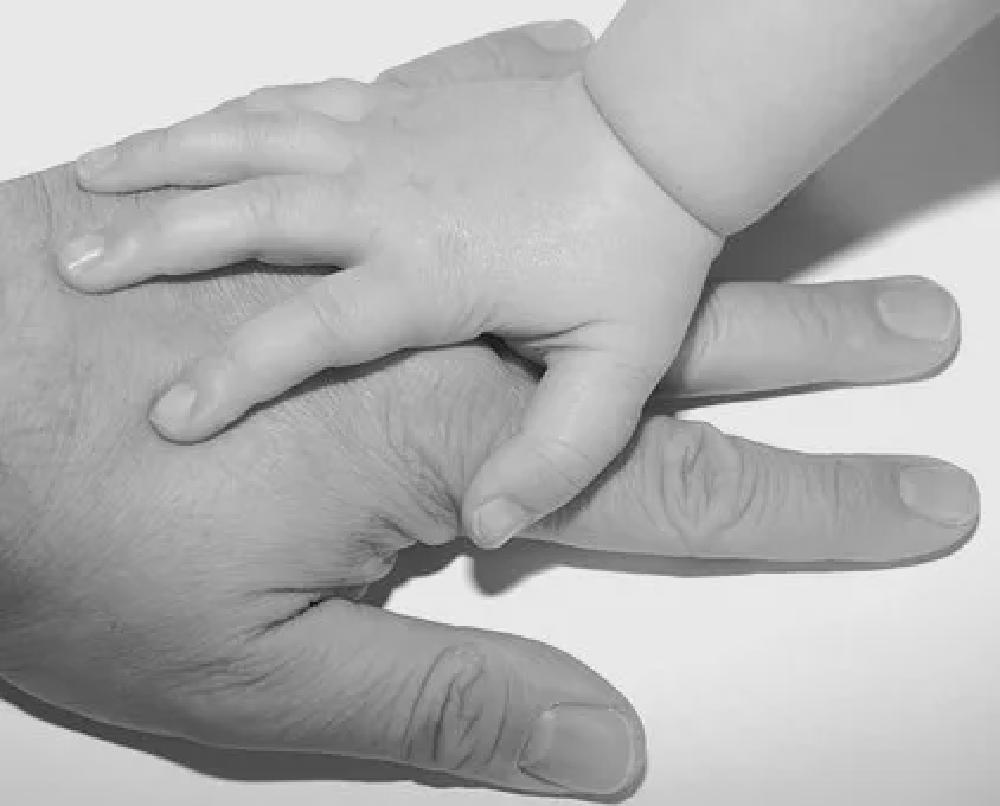
We naturally want to shelter and shield our children from the nastier aspects of life, meaning we avoid the topic.
So how do we broach this most sensitive of subjects? The tips below come from a variety of sources as well as my experience in nursery and personally.
- Use clear, straightforward language. Say death, dead or died. Don’t use euphemisms like passing on, going to sleep, or leaving us.
- This confuses children and can make them afraid to go to sleep etc.
- If you too are grieving don’t put a brave face on. Demonstrate that it is OK to show your feelings and to talk about them.
- Encourage your children to ask questions, and answer truthfully. Don’t worry — if you don’t know the answer then say you don’t know, it’s fine not to know.
- Until the age of five, children don’t understand the finality of death, this can be upsetting for adults but is totally normal. Just be factual and calm when you’re explaining.
- Children can express their grief through physical actions as well as their emotions. They can become, scared, withdrawn, and violent. * This is normal. Be understanding, it will pass in time.
- They often think that the dead person will be as they were in life, do explain that they aren’t hungry, they aren’t in pain, they can’t be hurt and don’t need to breathe.
- It’s common for them to picture the person as they last or most frequently saw them, so they may go to look for them in their room, or think they are still hurting.
- It is also common for the child to come to believe that they in some way caused the death, so do explain many times that they and their actions had nothing to do with it.
- They may get scared to let important family members out of their sight for fear of losing them too, again talking and reassurance will gradually reduce this anxiety.
There are many sources of help:
- Cruse specialise in helping children through bereavement www.cruse.org.uk
- Elephants Tea Party are partnered with Child Bereavement UK and provide some great resources for schools, nurseries and childminders www.elephantsteaparty.co.uk
My professional experience is with a few children who have lost siblings or parents and several who have lost grandparents. Each of them has been unique and I have learnt so much from them and their families. I have been astounded by their bravery and ability to cope with devastating events.
Personally my own children have known close friends die unexpectedly. They and their friends have been knocked for six and it has made some of them change the course of their lives. As a parent, knowing children who die is always extremely upsetting and being able to support your own children can be tough. Taking things one step at a time and being kind to yourself is vital.
The ripples of any death affects those close to them, and their upset in turn affects their loved ones. It can seem endless but the ripples are the lasting effects of love and are a testimony to the power of relationships.
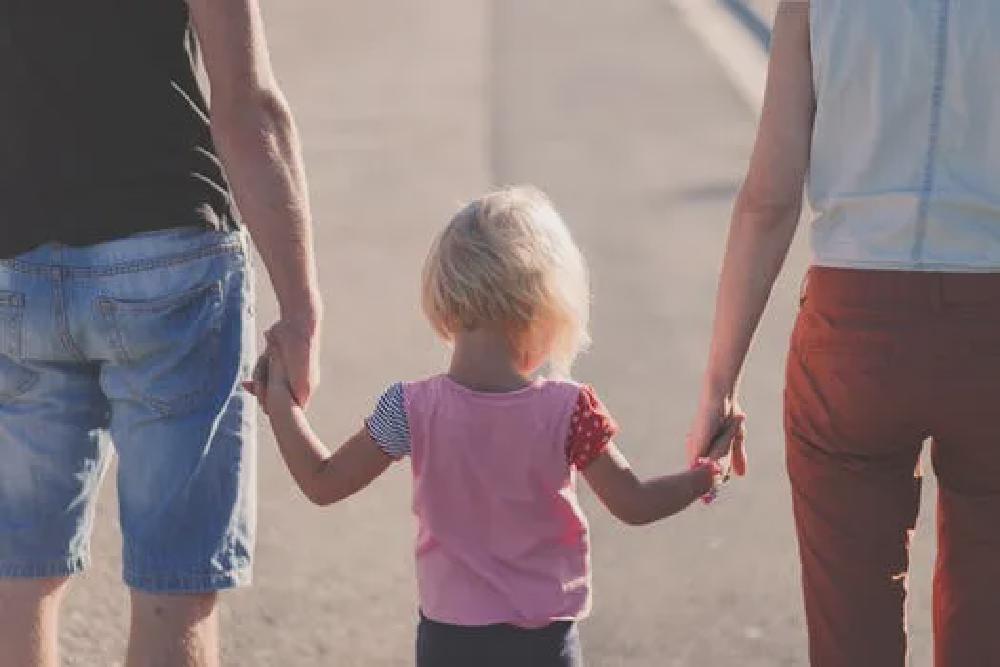
Do you have any experiences you’d like to share with me? Please do get in touch. Why not visit the Beach Babies Facebook page too?
